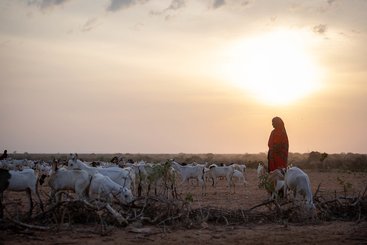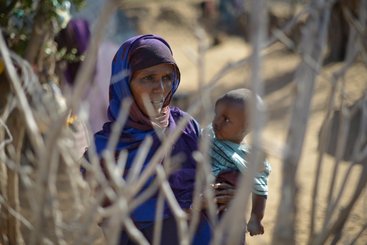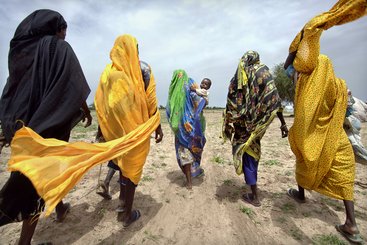The current climate adaptation paradigm focuses overwhelmingly on states, neglecting conflict areas, which are among the worst impacted by climate change and the least prepared to adapt. This joint paper from the Centre on Armed Groups, ODI and the Centre on Conflict, Development & Peacebuilding at the Geneva Graduate Institute examines the failure the address climate adaptation in conflict areas and areas beyond state control.
While there is increasingly rhetorical and policy attention to the need for climate adaptation work in conflict areas, this has not (yet) been matched by meaningful change. In the meanwhile, armed groups are taking advantage of this neglect, and stepping in to address (and exploit) climate impacts.
This paper explores what is driving the conflict-climate gap, and what we know about armed group behaviour and potential forms of engagement. It examines the opportunities and challenges for climate adaptation in conflict-affected and non-state controlled-areas. It concludes by outlining a multi-pronged approach to developing ways of working on climate adaptation in these settings.
Authors: Ashley Jackson, Florian Weigand, Leigh Mayhew and Pascal Bongard
-
Climate adaptation in no-man's land: research bridging the conflict-climate gap
Download file



